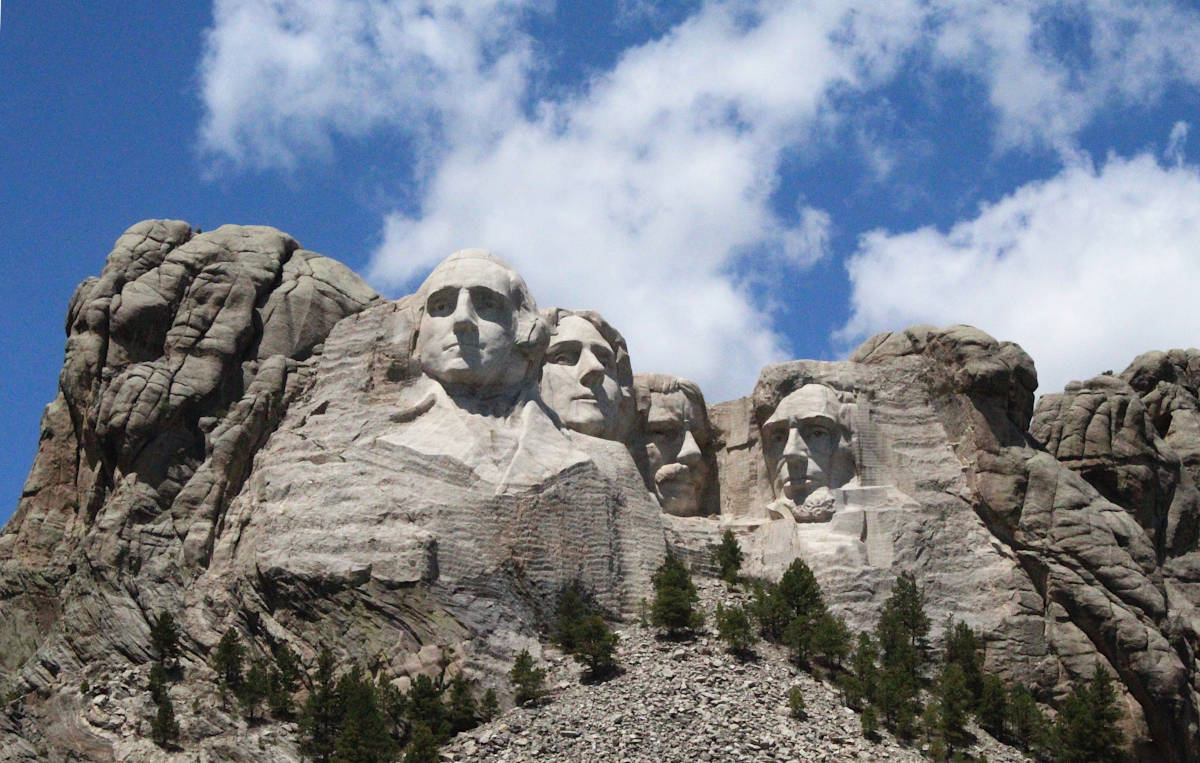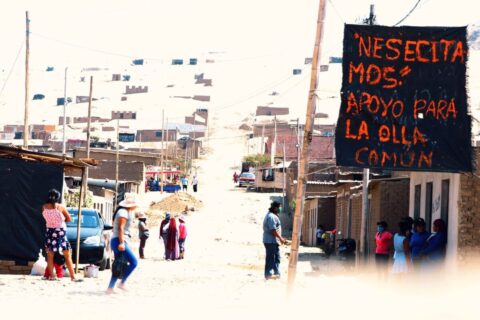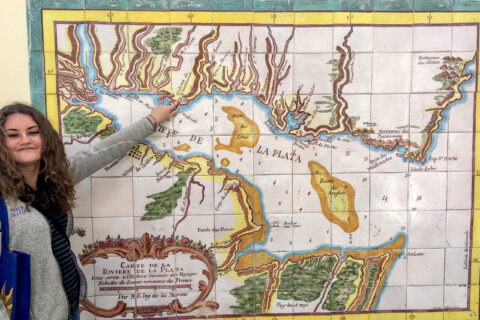AUTHOR
Sierra Vorsheim
DATE
September 1, 2020
In the course of my travels, I’ve run into a number of awkward rhetorical moments. Some of these have included the following:
- Do I call soccer “soccer” or “football”? The majority of the world calls it football however, for some reason or another, we call it soccer in the United States. This never fails to make me pause in a conversation as I decide which term I’m going to utilize.
- “College” versus “university”. In many parts of the world, college translates to being something like high school rather than university. Of course, my university was named “Ithaca College” which makes this particularly challenging for me at times. I often find myself reverting to describing my “university days” and avoiding the term college unless I’m actually saying the name of my… university…
- Pretty much any conversation that revolves around measurements of any kind. It’s hard to express how far something is when nearly the entire rest of the world uses kilometers and you think in miles… or feet, or pounds, or Fahrenheit, and so on. This has made for numerous stories of freezing winters in New York to tales of speeding and so forth fall flat or having to come to a pause for the necessary Googled conversion.
- How to identify myself and my nationality.
I’m a US citizen and when people ask me for my nationality the expected response of a US citizen would be to state that they are an “American”. This is the term which is utilized in the US and in the English language. Fine, however, the “Americas” are two entire continents thus, reasonably so, anyone located within these two continents could be classified as “Americans”. This, of course, works the same as it does for other continents. We have “Europeans”, “Asians”, “Africans” …
I’m not aware of another country in the world that has claimed the name utilized for people from an entire continent to also be utilized as the term to refer to people from their own country, unless, of course, if you count Australia. In this case, however, the country also, coincidentally, presides over the entire continent making this particular instance an exception.
Blatantly put, a word that is quite often taken for granted holds for me awkwardness in its use as it, if taken very literally, fails to fully identify where I come from and neglects to recognize the “American-ness” of people from other countries within the Americas. It’s a socially and politically negligent term which I don’t enjoy using and, so, avoid.
I was intrigued to discover that this “American” conundrum has presented itself a number of times throughout the course of history. Frank Lloyd Wright popularized the term “Usonian” though it’s never quite stuck, instead now simply referring to a specific style of buildings Wright created. H.L. Mencken collected a number of potential terms in his article “Names for Americans”, some including “Columbian” and “Fredonian”.
Some languages have adapted the term “American” though, others have terms that seem to encompass the nationality of a US citizen far better than any common term we have as of yet in English. One such example would be estadounidense in Spanish.
It’s baffling how a country which, at numerous points in history, has been so proudly nationalistic lacks a popular term which refers specifically to its own citizens.
When I was studying at Ithaca College (you know, during my university days) one of my professors brought up the problematic usage of the term “American” in a course titled “Race & Colonialism”. She, herself, regularly utilized the term “USian” as an identifier for US citizens, for lack of better terms.
For lack of better terms, I’ve also decided to adopt the term USian. I like the sound of it and I like the fact that it allows me to identify myself and other US citizens in a way that’s respectful to fellow Americans and to the rest of the world. I’ve used it whilst traveling abroad and have found it to, after brief explanation, often be met with appreciation. It’s a term that the US is long overdue for.
Is it a term which will stick? Doubtful. Perhaps another will. If there were to be a different term created that would meet the need, I’ll welcome it with open arms. For now, enough of this “American” conundrum. I’m an American and, more specifically, a USian.









